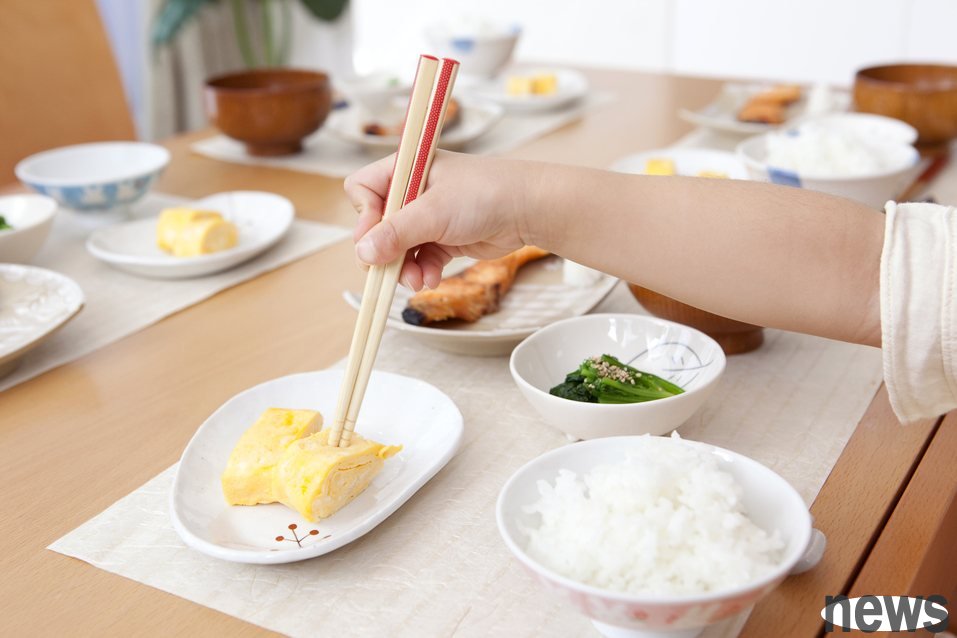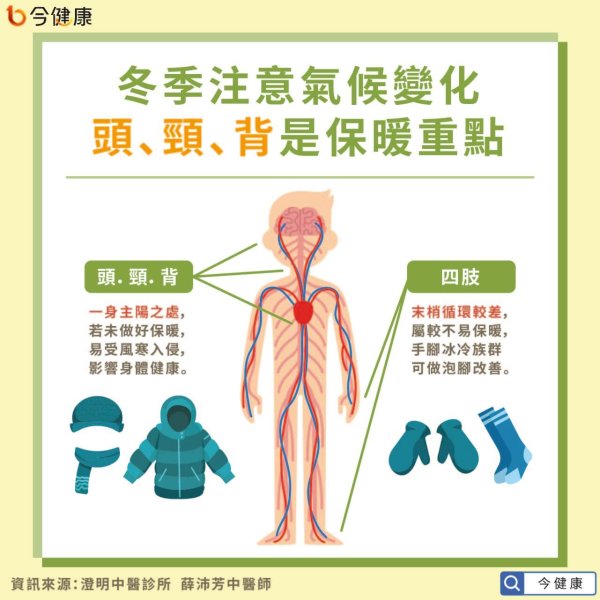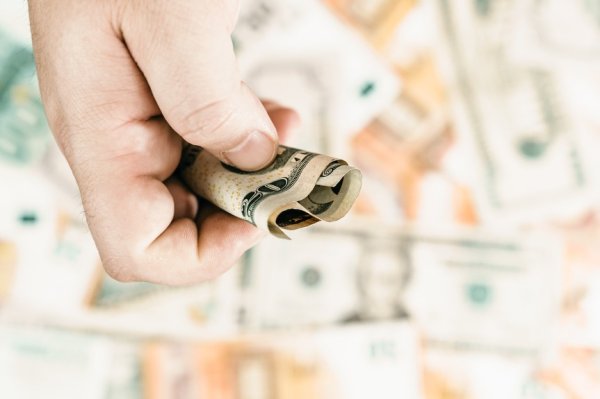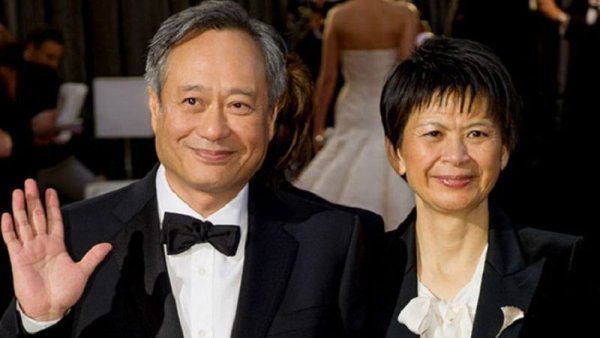Eat 70% of the meal and live healthy until old age? Can not eat until you eat it really make you healthier?

Reader Mr. Weng used the website’s “Contact Me” on 2022-6-19 to inquire:
Hello Professor Lin: I have always been very concerned and very grateful to Professor Lin for solving our readers’ questions in the field of realizing medical knowledge, and also buying Professor Lin’s works. Professor Lin’s establishment of a scientific nursing care website is more effective in providing practical evidence to prevent our readers from being affected by the public’s health knowledge. Especially Professor Lin’s eight-character proverb: [Balanced diet, good exercise]. As long as you do it, you can almost no longer have to look at the knowledge about nurturing. In terms of sports, Professor Lin shared his sports projects and many details, such as aerobics, retraining, pulling and promoting balance, etc. The diet also shared the contents of the balanced diet. As your loyal reader, I have a small question about whether you have any relevant medical research on diet or eating, whether you have relevant medical research on diet. I have always been unable to grasp the state of eating. Relevant knowledge has always told us that it is good to eat 70% meal, but what does it feel is 70% meal, and how to define it? And not deliberately eating sucks to maintain longing is more beneficial to health than eating sucks? I would like to ask Professor Lin’s opinion on how much you need to eat for a meal. Thank you."Seven Fen" is a fertile concept passed down among the Chinese people, and the complete statement is "If you want to live until you are old, eat 70% of your meal" or "70% of your meal, live healthy until you are old." Japan also has a similar saying, but only 70% is wide to 80%. This Japanese "Belly Eight-Bite" is translated into Hara hachi bun me, which appears in many online articles. For example, the well-known Cliffland clinic published Don’t Eat Until You’re Full ― instead, Mind Your Hara Hachi Bu Point (don't eat – you should pay attention to your abdomen 80” and its first paragraph is: "Hara hachi bu is a Japanese word, meaning “ it originated in Okinawa, where people use this suggestion to control their diet. Interestingly, they have the lowest rates of heart disease, cancer and median incidence, and their expected life is quite long. ”
There are also many articles on the Internet teaching people how to eat 700% or Hara hachi bu, but I can't see any of them that really let me eat accurately or roughly seven or eight cents. Therefore, when it comes to what Mr. Weng asked, "What does it feel like is seven-quarters, how to define it?", I can only answer: "feeling is feeling, there is no definition."
As for what Mr. Weng asked, "Is there any relevant medical research?", I first answered: "There is such a voice on the Internet." For example, the Heho website released a meal of 70 cents on March 15, which will allow you to live for 12 more years! Research has proved that limiting calories can cause cells to reversal, and its first paragraph is: [Longevity is a dream of many people, and research has proved that the most effective way is to "don't eat too much." Recently, a study from "Cell" showed that if the calorie intake of restricted organisms, one-half of the aging cells and one-quarter of the aging gene can be "reverse". 】
Heho's article also says: [This research is a cooperation between Liu Guanghui Research Group, Qujing Research Group, Zhang Wei Research Group, Institute of Genetics Research Group, and Solk Institute of Biology, the United States and other research teams. They used rats for trial experiments and divided a batch of experimental rats into three groups: a light and arbitrary diet for the elderly, and aged and aged meal. The latter started to perform a "seven-minute" dry prep for rats from middle age and continued to eat for 9 months. 】
Although this article repeatedly mentions "research", I just don't tell where to see the research, so I had to search for it myself. What I found was the Caloric Restriction Reprograms the Single-Cell Transcriptional Landscape of Rattus Norvegicus Aging published on March 5, 2020.
In fact, from this title, it can be seen that this study is a study of "hot limit" using mice, and this is obviously a big gap with the "seven-point" of humans. In fact, the content of this article does not mention "seven-point" (70% full or 70% fullness) at all. Therefore, what Heho said in that article [to implement a "seven-quarter" dry preview on rats] is to mistakenly regard the "70% heat limit" as "seven-quarter".
Although "hot volume limit" and "intake volume limit", the upper-grade number cannot be drawn. I believe everyone has heard that if you want to lose weight or control your weight, you must eat "low-heat" food, which is because low-heat food can avoid excessive intake of heat while providing a feeling of foot. In other words, a person can eat too much heat without having enough food (such as eating fried food), or have a foot feeling without having too much heat (such as eating fresh vegetables). Please see Weight loss: Feel full on fewer calories published by Meiyou Clinic.
Okay, I can now formally answer what Mr. Weng asked, "Is there any relevant medical research?" The answer is: [There are many "hot limit" studies in medical literature, but there is no "seven-point" study. The so-called "seven-point" study seen on the Internet, such as the article Heho, is mistakenly regarded "hot limit" as "food limit".
Mr. Weng's last question is "what to think about how much you want to eat for a meal", and my answer is:
. In terms of food, don't feel uncomfortable. That is to say, don't let yourself get tired or be exhausted.. In terms of popularity, if there is no problem with fatness, then it would be nice to balance "in" and "out". As for what is to achieve a balance, the change in weight can be judged. If the weight is measured at the same time every day (for example before breakfast), if it continues to increase, it is necessary to reduce the "in" and "out" or increase the "out", such as eating less food and doing more exercise.
Original text: Is the seven-point pineapple healthier?Responsible editor: Gu Zihuan




